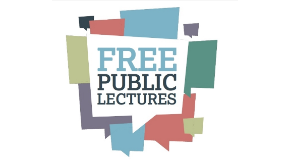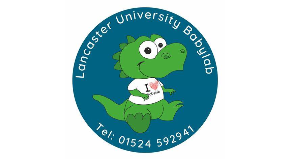From womb to wisdom: What we learn before we are born

DATE & TIME
Thursday 21st March 2024, 6.30pm - 8pm
Doors Open: 6pm
Lecture Starts: 6.30pm
Lecture Closes: 8pm
Location
More Music,
13-17 Devonshire Road,
Morecambe,
LA3 1QT
ABOUT THE LECTURE
We now know that the womb is not the pitch-black environment we once imagined and it is rich in sounds from the external world. The prenatal period is a time of intense and rapid development and our brain and sensory systems develop to surprisingly sophisticated levels. As a newborn baby, we already prefer to look at faces (and things that look like faces), listen to infant-directed speech, and can tell the difference between small sets of numbers and different emotional sounds. We have a wealth of knowledge of how these abilities are then shaped by our environment throughout childhood into our adult abilities to see, for example, faces in cars and cloud formations, and to count to infinite number sets. But, how are the things that we hear, see, taste, and feel before birth already influencing our abilities and preferences for what we like to see and listen to after birth?
This talk will discuss the importance of asking these questions and introduce the ways in which our research has overcome barriers to investigating the psychological development of the fetus in the womb. For example, we have shown that the preference for faces exists before birth using 4D ultrasound imaging. Following this work listed as one of the “Top 100 Discoveries of 2017” by Discover Magazine, this talk provides an account of what we have since learned from the use of ultrasound to measure fetal response to different emotions, types of speech, and shapes of light.
aBOUT THE Speaker
Dr Kirsty Dunn is a lecturer in Developmental Psychology at Lancaster University. She specialises in the investigation of perceptual, cognitive, and social development in utero and throughout the first year of life. Using light and 4D ultrasound, Kirsty and her global team have pioneered a new window into discovering how those remarkable abilities that we already have at birth develop before we are born.
aBOUT BABYLAB
Lancaster University's Babylab run studies with infants and young children and mums to be to understand their cognitive, social, emotional and early language development. If you are interested in finding out more about their research or want to register your child to take part in some studies, visit their website
Linked event
The Babylab will be hosting more talks on the same topic at the Babylab coffee morning on Saturday 30th March. These events will take place in the Babylab and will be more family-friendly, specifically aimed at parents with young children. These events are perfect for those who are interested in the subject but struggle for evening childcare - there will be entertainment and activities for little ones to allow you to listen to the talk. Please visit the Babylab booking page to book for this event.





